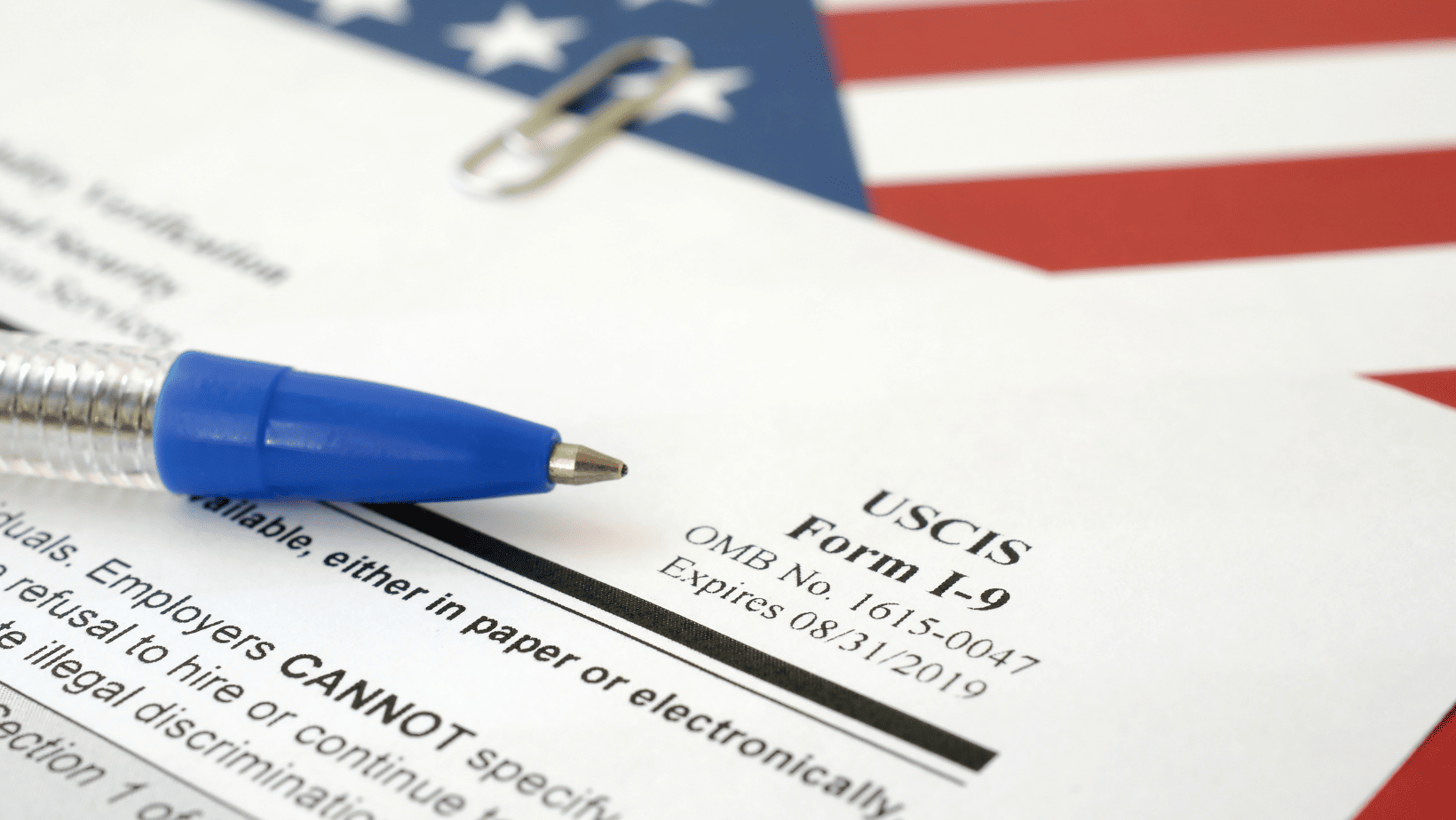The Justice Department’s December 30, 2011 announcement of its negotiation of a settlement with small Georgia rug manufacturer shows all businesses run big risks for violating Federal Civil Rights and other employment discrimination laws. The Justice Department announced on December 30th that the firm has agreed to pay $10,000 in back pay and civil penalties, and to undergo training on proper employment eligibility verification practices to resolve allegations of illegal national origin discrimination and retaliation against Hispanics.
The Justice Department had charged that the rug manufacturer violated federal discrimination laws by imposing unnecessary documentary requirements on individuals of Hispanic origin when establishing their eligibility to work in the United States, and by retaliating against a worker for protesting his discriminatory treatment.
While meeting the required I-9 documentation requirements is a critical responsibility, employers also must exercise care to avoid imposing excessive documentation requirements that would violate the INA’s non-discrimination rules. The INA requires employers to treat all authorized workers in the same manner during the hiring process, regardless of their national origin or citizenship status. In the absence of factual evidence that would cause an employer to reasonably question the validity of documentation that otherwise would satisfy the I-9 documentation requirements, employers generally must accept any combination of documents sufficient to establish eligibility to work under the I-9 rules as sufficient.


